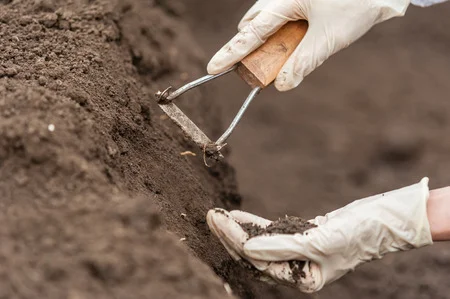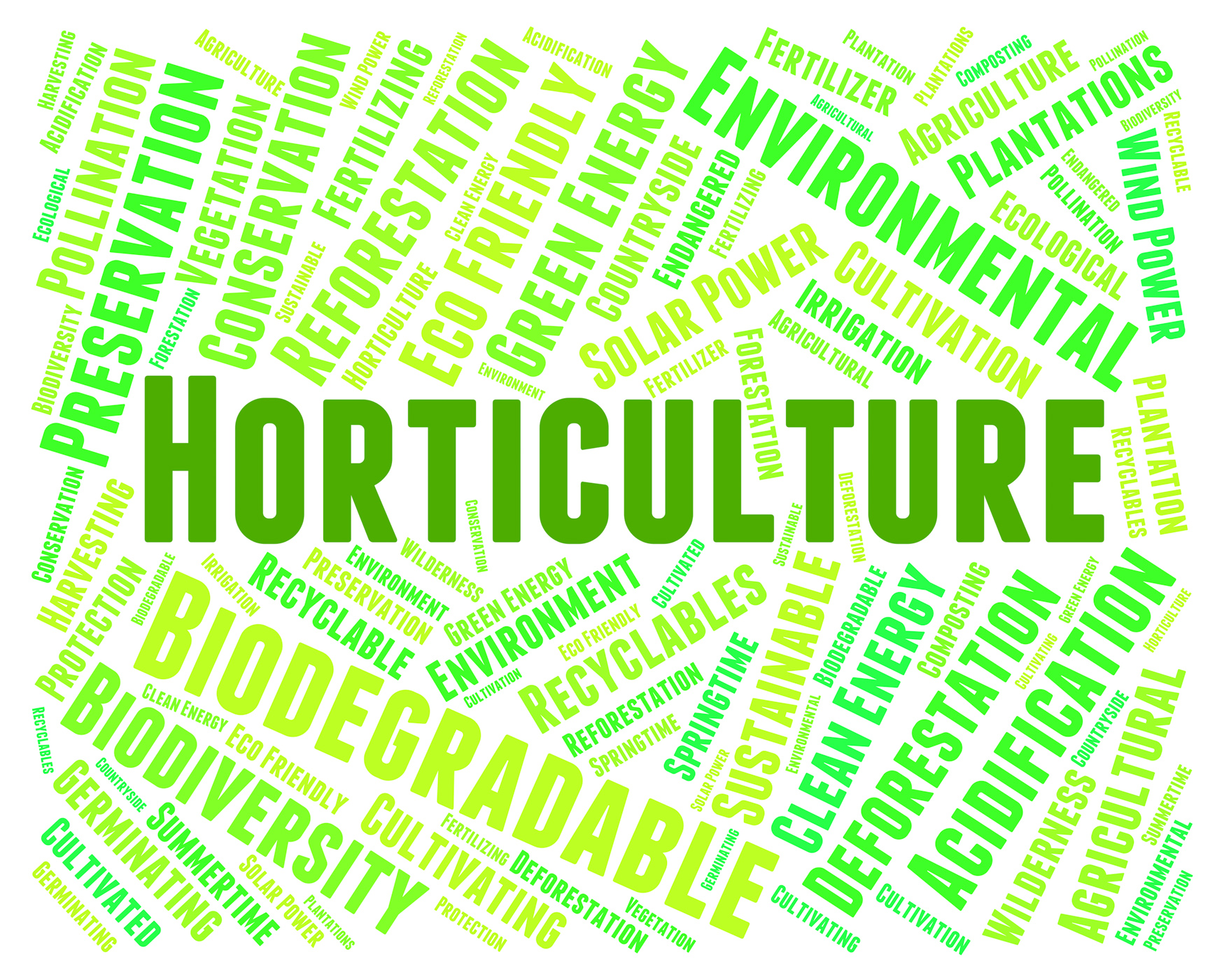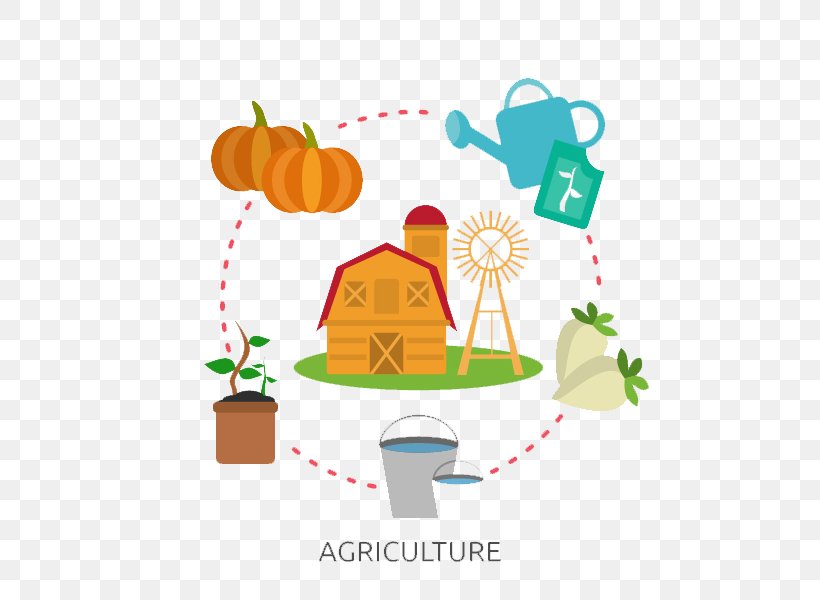Mon-Sat 9am-7pm





Take on an independent research project in the field of agricultural biotechnology under the guidance of a researcher.
You'll design, implement and present your project, with emphasis on defining the research issue, establishing methodology, undertaking appropriate collection and analysis of data, and drawing defensible conclusions.
With the increase in research and development (R&D) worldwide, there is also an increase in career opportunities in agriculture-based biotechnology. This expanding industry of agricultural biotechnology offers employment for people with varying skills and educational levels. Needed are people with strong scientific and technological expertise, good administrators, and good salespeople with strong communication skills. The careers in biotech can be divided into those that are science related and those that are non-science related.

| B.Sc. (Agricultural Biotechnology) | |
|---|---|
| Level | Under-Graduate |
| Duration | 3 years |
| Eligibility | 10+2 with Physics, Chemistry & Biology |
| Entrance Exam | Every institution/college conduct their own entrance tests. Some of them take direct admissions on merit basis. |
| Specialization | -- |
| Average Course Fee | -- |
| Mode | Regular |
| Goal | Research & development, Consultant to Agro companies |
| M.Sc (Agricultural Biotechnology) | |
|---|---|
| Level | Post-Graduate |
| Duration | 2 years |
| Eligibility | B.Sc. with minimum 50% marks |
| Entrance Exam | Every institution/college conduct their own entrance tests. Some of them take direct admissions on merit basis. |
| Specialization | -- |
| Average Course Fee | -- |
| Mode | Regular |
Specialising in agricultural biotechnology can open up a vast array of career opportunities within:
The Pros:
-Can help to increase crop yields
-Reduce the need for pesticides
-Make crops more resistant to disease and pests
-Help to conserve water
The Cons:
-May have negative effects on the environment
-May impact human health
-May create new strains of disease
-Emphasis on monocultures

Call us at +91 9205084085, Monday - Friday, 9 am - 7 pm


